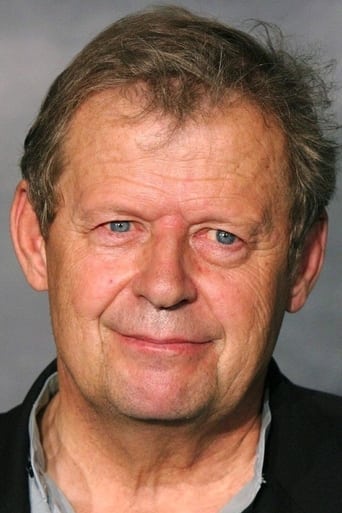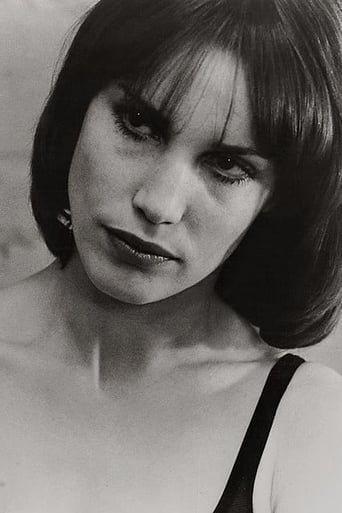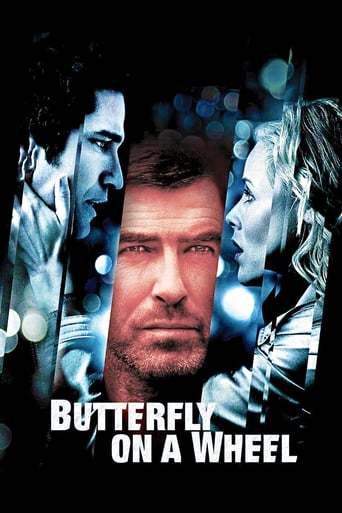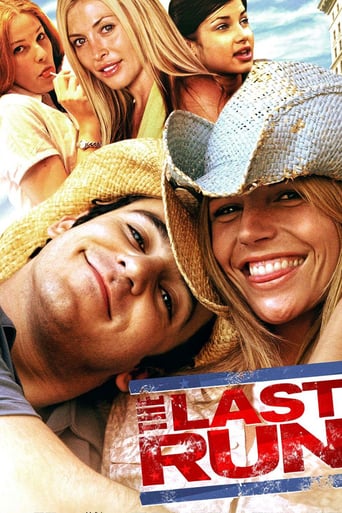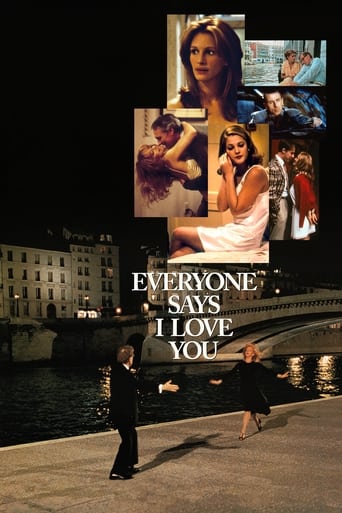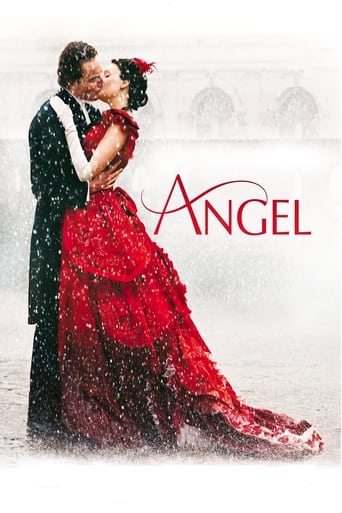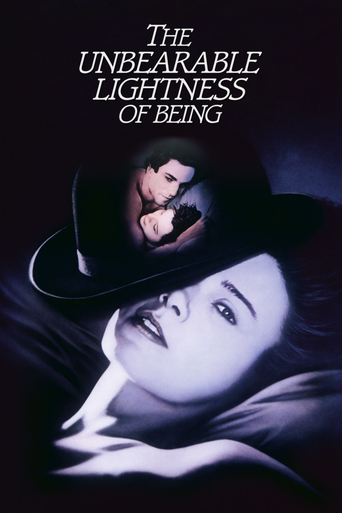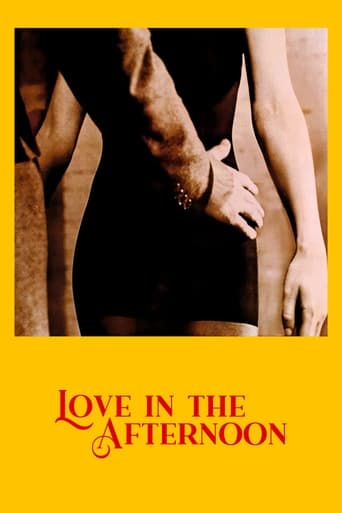
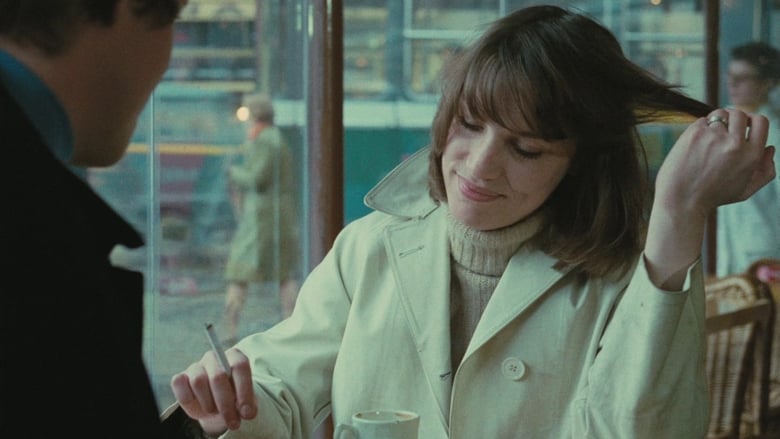
Love in the Afternoon (1972)
The last of Rohmer's Six Moral Tales. Frederic leads a bourgeois life; he is a partner in a small Paris office and is happily married to Helene, a teacher expecting her second child. In the afternoons, Frederic daydreams about other women, but has no intention of taking any action. One day, Chloe, who had been a mistress of an old friend, begins dropping by his office. They meet as friends, irregularly in the afternoons, till eventually Chloe decides to seduce Frederic, causing him a moral dilemma.
Watch Trailer
Cast
Similar titles
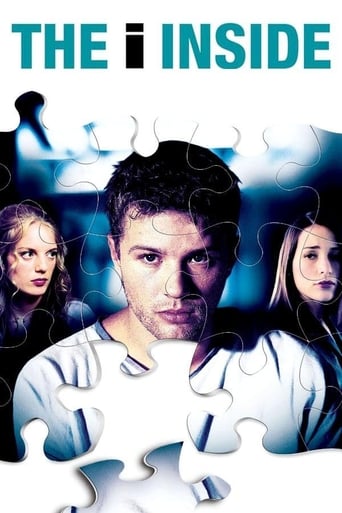
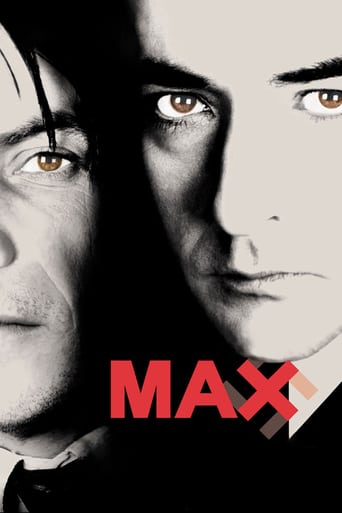
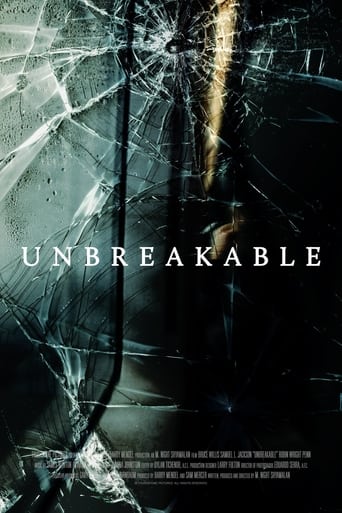
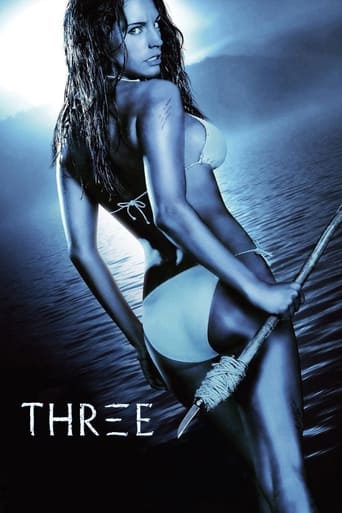
Reviews
The Age of Commercialism
Better than most people think
Fanciful, disturbing, and wildly original, it announces the arrival of a fresh, bold voice in American cinema.
I didn’t really have many expectations going into the movie (good or bad), but I actually really enjoyed it. I really liked the characters and the banter between them.
The most popular entries in the late Eric Rohmer's long and distinguished career are, undoubtedly, his "Six Moral Tales" which began in 1963 with the short THE BAKERY GIRL OF MONCEAU and ended with the film under review. For the record, I was genuinely impressed with the centerpiece of the sextet – MY NIGHT AT MAUD'S (1969), which is easily Rohmer's most popular film – and, many years ago, I had also watched the successive chapter LA COLLECTIONNEUSE (shot in 1967 but released in 1971!) but I have only vague recollections of that one and some of the later Rohmers that I have seen since then. But back to CHLOE' or, I should say, LOVE IN THE AFTERNOON which is the film's original title (although, obviously enough, it bears no relation whatsoever to Billy Wilder's 1957 tribute to his idol Ernst Lubitsch)! Speaking of idols, the lead actor here, Bernard Verley, portrayed (irony of ironies) Jesus Christ in one of the major works of my own personal cinematic idol, Luis Bunuel's THE MILKY WAY (1969) and, besides, the central situation of the movie is also dealt with in one of my favorite band's loveliest songs, The Velvet Underground's "Pale Blue Eyes" (which, likewise, dates from 1969)!! In CHLOE', Verley plays a happily married man (unsurprisingly enough to his own real-life wife Francoise, no less – in her first of just two screen appearances) who spends his daily idle time (train journeys, lunch breaks, etc.) entertaining the notion of betraying his wife with every woman he meets! In fact, much has been made of the fact that CHLOE' includes the only dream sequence (featuring cameos by the likes of Marie-Christine Barrault, Francoise Fabian and Haydee' Politoff) in Rohmer's entire oeuvre but, frankly, I did not find the reverie all that extraordinary in itself; actually, the purposefully cheesy electronic score (redolent of the then-currently topical sci-fi pieces for the intelligentsia) over the opening credits seems to me to have been more of a successful 'departure' for Rohmer . Anyway, flanked by two particularly attractive secretaries, Verley is never too far away from the company of desirable women but always manages to resist temptation and uphold his marriage fidelity vows that is until the long-lost titular character presents herself unheralded in his office one day and just keeps coming back! Portrayed by the tomboyish, bob-haired Zouzou (more on her fascinating life history later), Chloe' is the epitome of sheer kookiness: free-spirited and fun-loving but also passionate and volatile. A past acquaintance of Verley (she was once his best friend's girl), she had subsequently gone abroad and through several short-lived romances but, not having accomplished much of significance career-wise, comes back to her roots and, consequently, Verley. After breaking up with her current casual boyfriend (who also employs Chloe' as a nightclub hostess), she asks Verley to find her a respectable job and, gradually, they take to meeting up every afternoon during his lunch-break (without, of course, letting the wife in on these innocent escapades). Eventually, he aids Chloe' to settle into a new apartment but one day she drops the bomb: confessing to him that he has been her ideal all along and she wants to bear his son! Verley and Zouzou do get to shack up at her apartment one afternoon and a bathing Chloe' invites him to dry her with a towel...but this is as far as it goes because, by the time she has gotten into bed, Verley has sensibly rushed out of there and back into the rightful arms of his wife! To return to the real Zouzou for a minute: born Daniele Ciarlet, she came to prominence in 1961 on the Paris scene as a nightclub twist sensation and, eventually, started hobnobbing with an elite crowd that included Andy Warhol, Bob Dylan, The Beatles, The Rolling Stones' Brian Jones (with whom she had a two-year affair), Marianne Faithful and Jack Nicholson! Rohmer's film, her looks and enviable connections should have rightfully turned her into an international superstar but, as with so many others before and since, she witnessed her career potential waste away via drug addiction and unwise decisions. Apart from Zouzou's utterly entrancing performance, the film's trump card is its flawlessly perceptive depiction of the marital state of mind and, more importantly on a personal level, that fine line that exists between friendship and love – where somebody's platonic feelings for, say, a colleague can transform themselves with time (and virtually imperceptibly) from affectionate camaraderie to genuine love. Perhaps I ought not to be admitting this here but, the erratic nature of my film-viewing habits for the last two months or so, can be directly attributed to just such an unforeseen event happening to me although, lamentably I might add, I play the part of Chloe' in my own private everyday morality play!!
Like all Rohmer's films I've seen, this one is "just" a story, told as by a storyteller, without any of the visual cinematic items that usually make of a film a "movie". The only "special effects", here, are visual, and consist of beautiful women...So, it's the story that I will comment on.For me, the story is the genesis of an avalanche, the explanation of how you can get from A to Z, where Z is so far away from A that you really need to pass through all the intermediate steps: an avalanche that gains, slowly, speed, as you move gently from A to B, C, D, and than, a little more unexpectedly, to E, F, G. down to all the furthest and most extreme letters of the alphabet.No, not the Z, though.It is extremely difficult to imagine how, or why, a happy man, with one child and another coming, and a beautiful wife, would want to make pregnant an old friend of his, who has no intention - or so she says - of having a lasting or meaningful relationship with him.Here the intermediate letters of the alphabet consist of the reappearance of an old friend, of a mild crisis of a man who was accustomed and able to choose beautiful women and that now "only" has his wife, of a sort of boredom that appears in his empty (although business-filled) afternoons, and of course of the challenge that all this comports. Step by step, although improbable, he is taken almost down to the most extreme consequence, until he remembers of being a proud father, in the most beautifully (and perhaps only) cinematic act of the film, while he pulls out his jumper, and by doing so he remembers of a playful day at home. Yes, home, that sacred thing that he manages, finally, to save and preserve from that avalanche that ran over his afternoons.Marco
Eric Rohmer directed the last of his "Six Moral Tales" in 1972 with a simplicity that would put off viewers today.People expecting a swelling score, dramatic moments, flashy, tricky editing, glamorous stars, and a satisfying conclusion will probably be best to look elsewhere as this, the plainest (yet not without its subtexts) of his films, depicts a flirtation with the opposite sex in a Walter Mitty fashion at its beginning which out of the blue becomes real in the form of Chloe (Zouzou) as she pays a visit to Frederic (Bernard Verley) at his office one afternoon. Both reconnect in conversations, but while she seems slightly aggressive -- the ultimate fantasy of any male -- and worldly, he seems to dance tentatively around her, as if coming too close might not be a wise idea. Frederic's pregnant wife Helene (Francoise Verley) is kept aside in an apparent blissful ignorance that anything may be going on between he and Chloe even when they all converge one evening in a Macy's-like department store. It makes you wonder if Eric Rohmer is trying to tell you if he's giving the green light on this possibility, that Frederic will indeed, later on, give in to Chloe's aggressive, almost masculine advances. (An interesting contrast is presented with having Helene look frail, waif-ish, ultra-feminine, while Chloe is clearly the opposite: a little world-weary, tomboy-ish at times, plain yet intriguing, with an aura of the equivalent of today's Angelina Jolie within.) It is this flirting with what is clearly on the outside of his structured life the reason that makes Frederic accept her advances, and even feel slightly piqued when soon after taking a part-time job as a waitress in a restaurant she suddenly disappears for about two weeks without notice. When she does return, though, she seems determined to have Frederic's child -- at least, this is what she states, even though Helene has borne him two, one during the course of the story -- but of course, since she's an independent woman who can love from afar and not feel the constraints of marriage, she would never impose anything on Frederic.Is she real, or is she also dancing in her own oblique yet frank dance? One can never be too sure: she states not wanting any emotional attachments on one end yet clearly reacts to Frederic's repeated telling her he is married.And then there's the question in regards to Helene, whom we only see sparingly throughout the film: through Chloe's words, how much does she hide from Frederic? How well do we know even our closest ones? Might Helene also have someone, her own secrets? Chloe states she's recently seen her walking with a man on the streets of Paris, but since we never do, we can only speculate. Yet this becomes important only minutes later, as when Frederic, who is coming extremely close to making love to Chloe (who for the moment seems to have gotten her life in order as a shopgirl), decides to leave her naked on her bed after visiting her while she was showering and run back to his office and into the waiting Helene who needs to see him at once. Why, it is never explained. Rohmer decides to leave it open to discussion as the credits pop up, and apparently, a 'happy ending' has been reached through Helene's emotional outburst, and their embrace an decision to make love at the very end.
As all other Rohmer films Chloe is about feelings, emotions, dialogues, testing moral taboos.... Although I did not like all the acting - some minor characters are not very good and their acting looks artificial - the film keeps you intrigued till the end.It is not a movie for the "masses" : there is no sex, no guns, no fights, no cops. If this your idea of movies like it seems to be the norm in some countries west of Europe go instead to your local Blockbuster or Video Update and get the latest of Rambo, Lethal...,blah, blah, blah...If instead you want to think then it is definitely worth seeing.
